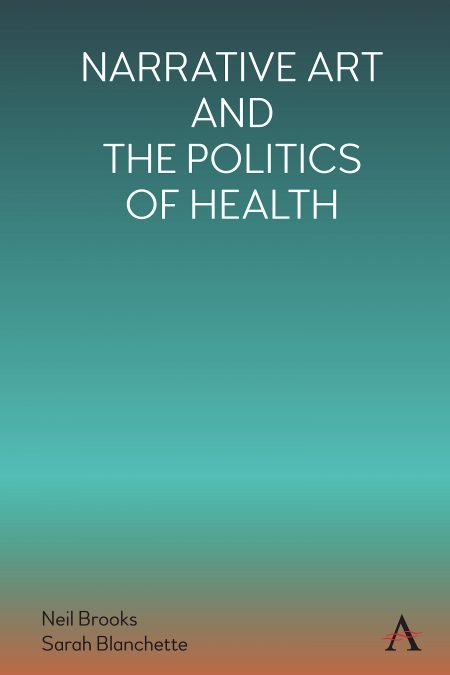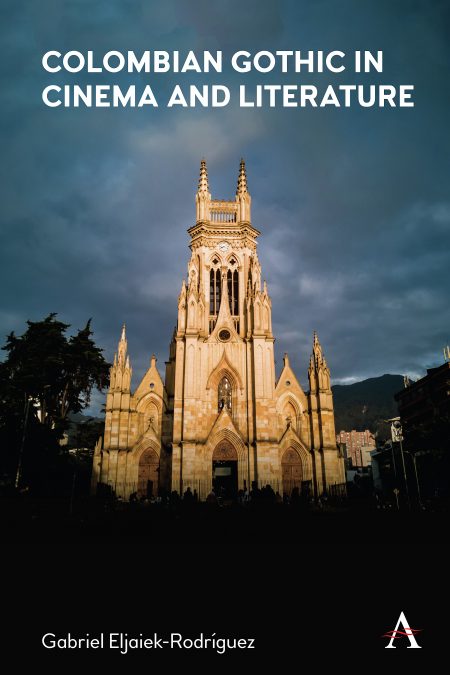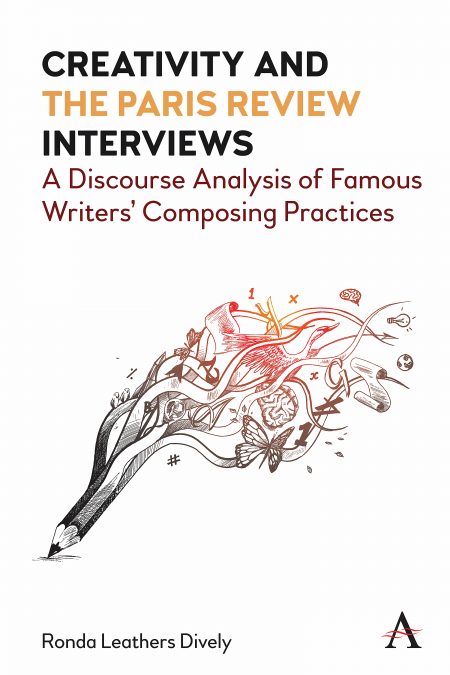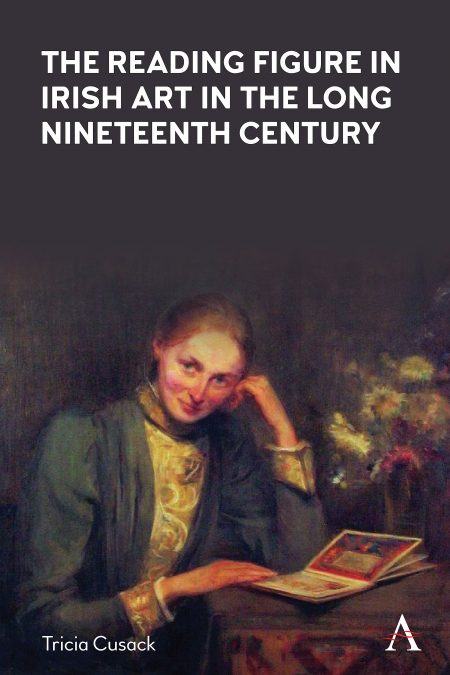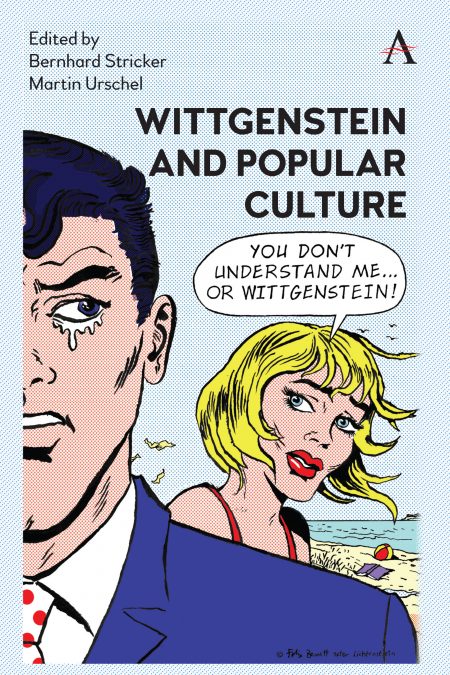Wittgenstein and Popular Culture
Edited by Bernhard Stricker, Martin Urschel
Select Format
Title Details
- ISBN: 9781839991318
- January 2025
- Pages: 250
This collected volume makes an incisive contribution to the field of philosophy of culture, filling a gap between the relevant scholarship in cultural studies and philosophy. It focuses on Wittgenstein as a philosopher deeply concerned with culture, and aims to establish his work as an alternative to existing (Marxist, post-structuralist, etc.) approaches to the study and criticism of popular culture. In a series of essays, this volume showcases the great – and largely overlooked – potential of Wittgenstein’s philosophical method for cultural studies: Here, we find a particularist methodology for studying popular culture that ‘clarifies’ standards of measurement in discussing such issues as the ‘quality’ of art. Through conceptual clarification, we can gain a properly pluralistic understanding of normative dimensions in culture without collapsing into either relativism or generalised constructivism. In avoiding what Wittgenstein characterises as ‘void and unfair’ generalisations, his philosophy seems very well suited to the study of popular mass art, mass media and popular subcultures.
The essays outline the methodological framework of Wittgensteinian approaches to philosophy and conceptual analysis. Each essay demonstrates their merits by looking at particular examples such as analyses of popular films and TV series, detective fiction, comics, or shared practices of fandom, and by engaging with and analysing approaches to criticism of pop in a Wittgensteinian way (e.g., following up on work by the Frankfurt school, Roger Scruton).
Section 1 (‘Wittgenstein on culture and the popular’) lays the conceptual groundwork in highlighting the pluralistic ways in which Wittgenstein conceives ‘culture’. Section 2 (‘Wittgenstein and popular culture’) focusses on how Wittgensteinian methods of analysis and criticism enhance our understanding of popular culture either by offering an application of Wittgensteinian thinking to concrete examples out of a wide range of possible materials or by confronting Wittgenstein with another theoretical approach to the field of popular culture. The essays in section 3 (‘Wittgenstein in popular culture’) will showcase, then, the different ways in which Wittgenstein and his work have themselves become points of reference in popular culture, including (but not limited to) the iconicity of the philosophical genius writing his masterpiece in the trenches of the First World War, the appropriation of isolated concepts outside their philosophical context (‘family resemblance’) or the uses of Wittgenstein’s gnomic sentences in the form of quotes wavering between brilliance and banality (‘What one cannot speak of, thereof one must be silent’).
Bernhard Stricker is postdoctoral researcher at TU Dresden, working on the intersections between philosophy and literary/cultural studies.
Martin Urschel is a film scholar and writer whose research focuses on genre conventions in films and television, patterns of (anti-)conformism, and the uses of Wittgenstein’s philosophical method for film and media studies.
Related products
-
Narrative Art and the Politics of Health
Edited by Neil Brooks, Sarah Blanchette
March, 2021
£125.00 / $125.00 -
-
Creativity and “the Paris Review” Interviews
A Discourse Analysis of Famous Writers' Composing Practices
Ronda Leathers Dively
February, 2022
£125.00 / $125.00 -
-
The Reading Figure in Irish Art in the Long Nineteenth Century
Tricia Cusack
February, 2022
£125.00 / $125.00 -
Addiction, Representation and the Experimental Novel, 1985–2015
Heath A. Diehl
December, 2020
£125.00 / $125.00


